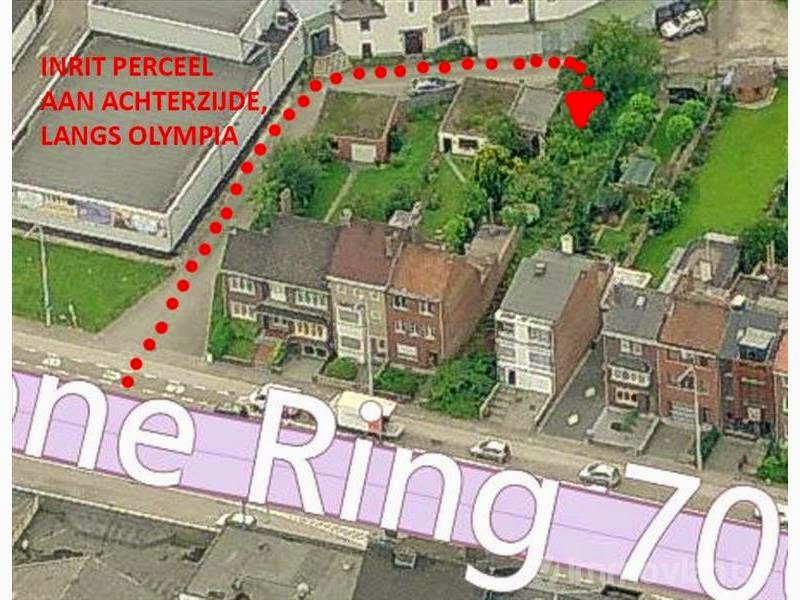I took this picture as I was leaving Brussels the other day.
But I could just as easily have taken this one,
or this one,
or this one . . .
I got in the car at 4:00 pm and got out at my front door at 10 minutes to 9:00. Granted, there was heavy rain and a couple of tunnels flooded, but a trip that should have taken, oh, about an hour and a half, took nearly 5!
In other words . . . I could have driven from Ruston to New Orleans in that time frame!
But this kind of thing happens every day in Brussels. Why?
Here's a (condensed) article by Laurent Vermeersch from The Guardian (UK) newspaper that just might answer that.
Five reasons Belgium has the worst traffic in Europe
Brussels hosts the giant bureaucracy of the EU ... yet its roads, and those in Antwerp, are the most traffic-snarled in Europe. What is Belgium doing so wrong?
Traffic congestion analysis consistently shows a surprising fact: Brussels and Antwerp, the two largest cities in Belgium, are the two most congested cities in Europe and North America.
Yes, you read that right, the two most congested cities in Europe AND North America.
It is estimated that drivers in Brussels waste 83 hours a year in traffic. How did the administrative heart of the European Union get into this traffic mess?
1. Company cars
In most cities, only top managers are offered a car by their employer. Not in Belgium. Up to 15% of all cars and about 50% of new cars are company cars.
In many cases, people with a company car don’t even need their vehicle for work. Many employers simply prefer giving a car instead of a raise or a bonus. Why? Because they pay less tax that way.
2. People live too far from work
Belgium is a small country, but every Belgian probably knows somebody who commutes more than 100km every day. That’s because jobs are concentrated in the large cities, but most people won’t move there.
The OECD blames this on a rigid housing market, caused by the high transaction costs of buying a house. There’s also a strong anti-urban mentality. For many Belgians, owning a detached house with some green space in the neighbourhood where they grew up is worth all those hours on the road.
3. Unattractive alternatives
Because of widespread suburbanisation, many Belgians are car-dependent. Those who do have other transport options will often prefer to use their car, because the alternatives are not well designed. There is a lack of park-and-ride facilities, for example, and inner-city parking is relatively cheap and abundant, encouraging people to drive all the way into the city centre.
At first sight, trains have been doing better. Passengers numbers have increased more than 40% since 2000. But the national railway company is struggling to cope with surging demand. Overcrowding, frequent delays and the occasional general strike are all part of the train experience.
4. A healthy economy
“As the economy grows, speed goes down,” according to a report by Inrix. In this sense, congestion is a sign of good economic fortune. Brussels has a strong service economy that is relatively immune to market fluctuations because it is anchored on public institutions, notably those of the EU.
5. An ill-conceived road network
The ring roads of Antwerp and Brussels are the twin centres of a spider web of highways that is impossible to evade. People travelling across the country have no options but to pass at least one or both cities, even if they don’t need to be there. The same is true for the rail network. Half of all trains go through Brussels.
That's right, we actually joke that no matter where we go in Belgium, going through Antwerp is a "given".
So what’s the solution?
Advocates of road building say that capacity has barely increased in 30 years. But Belgium already has one of the densest road networks in the world. Building more roads is not the solution. It is proven to bring only temporary relief, and in the long run, simply attracts more traffic.
Most experts expect better results from some kind of congestion charge or road pricing. This has been under discussion by national and regional government for years. When a study on the issue made headlines earlier this year, an online petition against road pricing gathered more than 170,000 signatures in just 10 days. Perhaps Belgians just like their traffic jams.
I think this may in fact be true. Traffic jams are just part of the "culture" that is Belgium. :)












.jpg)























